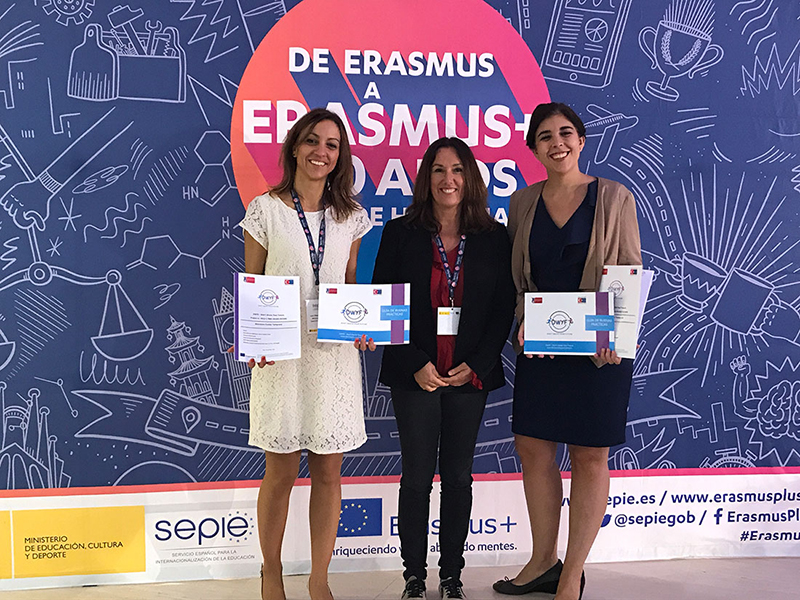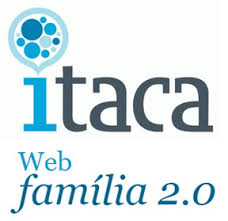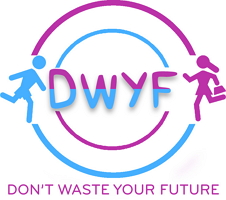 |
 |
Web Oficial: http://www.
DWYF
Early School Leaving is a term that represents missed opportunities for young people and loss of social and economic potential. The term includes all forms of leaving education and training before completing education whether it’s upper secondary or equivalents in vocational education and training or higher education. At individual level the consequences of ESL affect people throughout their lives and reduce the chance to participate in the social, cultural and economic dimensions of society. ESL also has significant social and individual consequences. This includes the increased risk of unemployment, poverty and social exclusion. (European Commission Final Report, November 2013)
Reducing ESL is essential for achieving key objectives in the EU2020 strategy, as the reduction of early school leaving addresses both the aims for:
* ‘smart growth’by improving educational and training levels
* ‘inclusive growth’ by addressing one of the major risk factors for unemployment, poverty and social exclusion
As also mentioned in the Education Today 2013 (OECD,2013) in the opening words of the summary, ‘Countries need an increasingly educated and skilled workforce to succeed in today’s knowledge economy'(p.11) And this is necessary not only for today, to perform a job, but to be able to cope with all challenges that will appear through the lifetime. As advanced by the statistics of the European Commission report published in November 2013, in 2012 nearly 5.5 million young people,12.7% of all 18 to 24 years olds, left education and training with only lower secondary education or less. On average, the unemployment rate of these early school leavers is 40.1%, compared to 23.2% overall youth unemployment in Europe. Tackling ESL is a stepping stone towards improving the opportunities of young people and for supporting smart, sustainable and inclusive growth.( European Commission Final Report, November 2013)
As a result The Europe 2020 Strategy has a headline target to: ‘Reduce Early School Leaving to less than 10% by 2020,from 13.5% in 2011.
This project, ‘Don’t Waste Your Future’ will allow for detailed partnership working in the field to countries where the ESL rate is above the EU 2020 target.
Having partners with different ESL rates allows the participating countries and the different types of organizations for the exchange of innovative ideas, experiences and practices in the field of ESL. It’s important to find different solutions to the same problems around Europe.
Actividades desarrolladas
Artículo de prensa (en turco)

Buenas prácticas desarrolladas
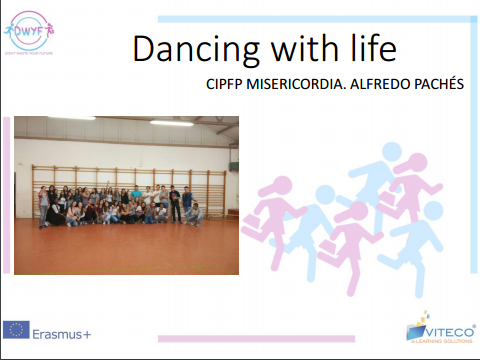
|
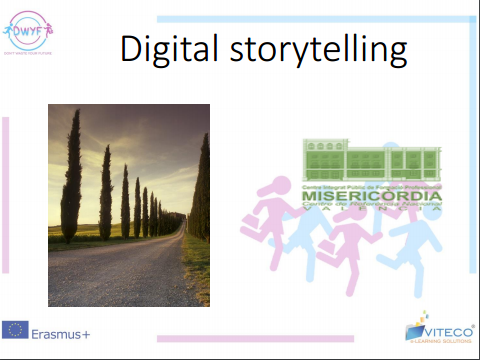
|

|
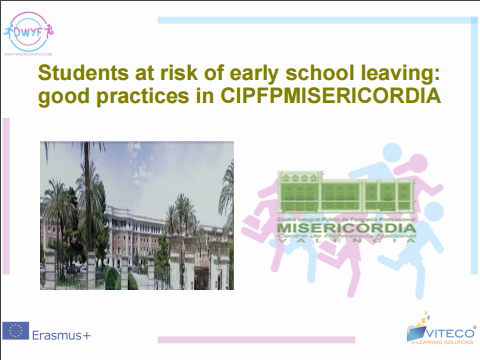
|
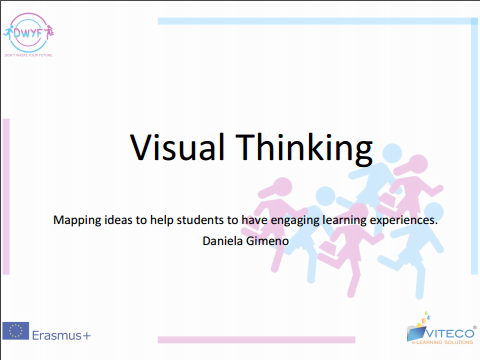
|

|
Meeting in Valencia
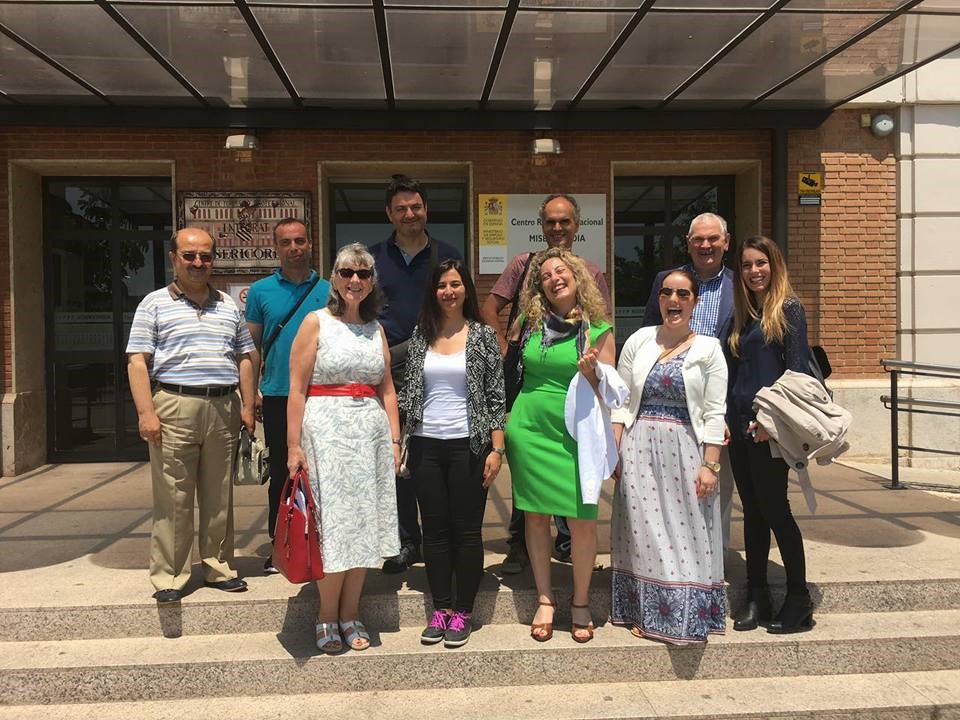
CIPFP was invited to celebrate the 30th anniversary of the Erasmus Programme
